Coronavirus infection: This is how you can strengthen your immune system
More and more people across Europe are infected with the Covid-19. The fact is that the dangerous disease is rapidly spreading worldwide after the outbreak in China. The pandemic raises fear in many people, not only of coronavirus infection, but also of the consequences for the economy. Many fear that it will lead to a global economic crisis and that many older and chronically ill people are at great risk. Since there is currently no vaccination or medication for coronavirus, only one thing remains: strengthening the immune system, exercising and coping with daily stress.
Coronavirus infection: what is behind the term Covid-19?

The new virus Covid-19 belongs to the family of corona viruses, just like its predecessors, Sars and Mers. In fact, it is closely related to the SARS virus, which is also from China. An in-depth genome analysis of coronavirus isolates in February 2020 showed that the two pathogens have a lot in common with another type of coronavirus in bats. The scientists therefore assume that the animals were the first hosts of the dangerous pathogen.
There are also many other types of corona viruses. However, they are considered harmless and can do much less damage because they only affect the upper respiratory tract. In contrast, the coronavirus affects both the upper and lower respiratory tract and can lead to complications such as pneumonia in the most severe cases.
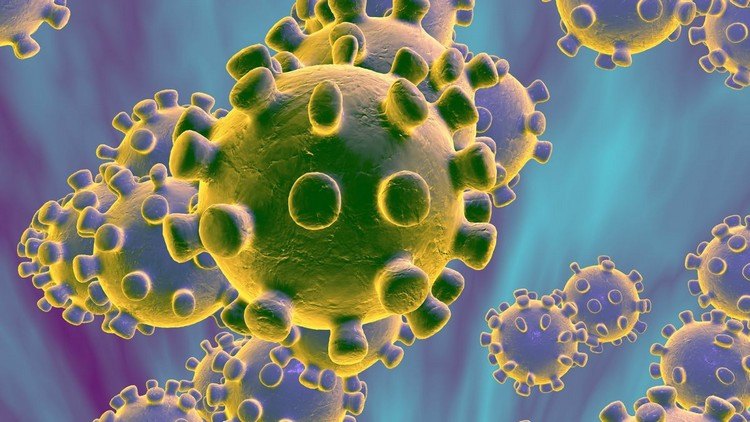
9 out of 10 people who have had contact with the infected fall ill. Infants are infected less frequently than adults, the scientists assume that it is due to their not yet fully developed lungs. Children develop Covid-19, but not as severely as adults. People with chronic diseases and people over 65 years of age are particularly at risk.
Coronavirus infection: how is the virus transmitted?
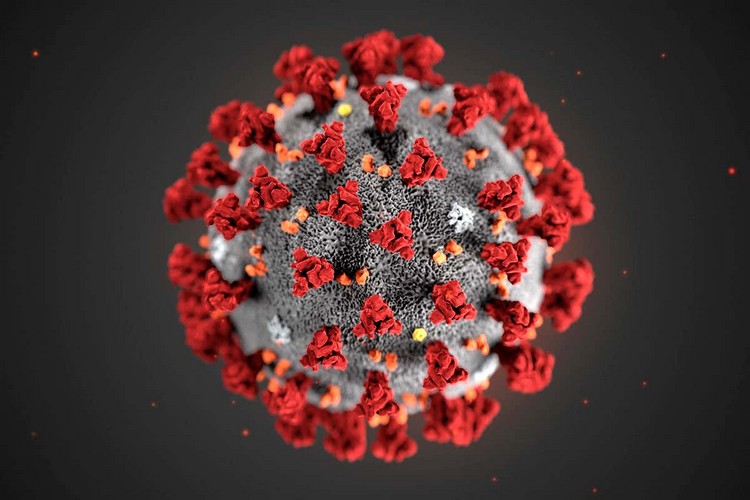
The corona virus is easily transmitted from person to person, an important prerequisite for this is close contact with an infected person. It can be passed on even if the infected person has no complaints. Covid-19 is less contagious than measles, but more contagious than flu. The pathogen spreads twice as fast as the flu, because one person can infect 3-4 people. In flu, this number is 1.5-2 people. The virus is undetectable in the air after less than three hours. How long it can survive on surfaces remains controversial. According to a study in the United States, it can survive up to 3 days on metal and glass. German researchers claim that the viruses can remain active on surfaces for up to nine days. During this time, however, their amount is significantly reduced and it remains questionable whether they are still contagious.
Coronavirus infection: these are the symptoms
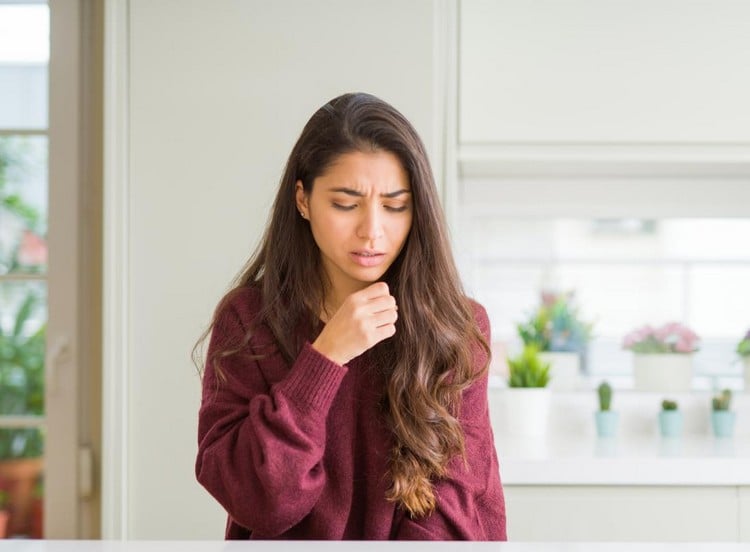
The incubation period after a coronavirus infection is between 3 and 14 days. In the majority of infected people, around 80%, the disease is similar to a cold. These people report symptoms such as chills, sore throat and body aches. In 13%, the disease can trigger severe lung disease, for which symptoms such as dry cough and runny nose are typical. The coronavirus is life-threatening in 7%. At 5% there is respiratory arrest and multi-organ failure.

The symptoms of coronavirus are so unspecific that diagnosis is very difficult. These include:
- fatigue
- muscle pain
- a headache
- to cough
- Shortness of breath
- fever
- Sore throat
As mentioned earlier, people with pre-existing conditions such as cardiovascular disease, diabetes, hepatite, chronic diseases of the upper and lower respiratory tract, high blood pressure and cancer. The death rate among those infected is age-related and is 3.6% for people between 60 and 69 years old, 8% for people between 70 and 79 years old and 15% for people over 80 years old. Children and people up to the age of 50 are considered less at risk and the death rate for them is around 0.2%, similar to the flu.
Treatments after coronavirus infection

Treatment for coronavirus is symptomatic. Up to this point, patients with moderate success have been treated with the following drugs:
- Antiviral drugs for SARS or MERS
- Immunomodulators against inflammatory diseases
- Medicines to treat pulmonary fibrosis
Fever as a protective mechanism for the body

Fever is considered a protective mechanism in which the body regulates its temperature to kill dangerous viruses and bacteria. This runs our immune system at full speed, activates the immune system and helps them to find and neutralize the pathogens. How long a fever lasts depends on the specific nature of the disease. Usually the duration is a maximum of 3-4 days. Most doctors advise against treating fever under 38. However, since complications can quickly arise with coronavirus, you should always seek advice from a doctor as soon as the first symptoms appear. This is because coronavirus strongly discourages self-treatment. All the more, people with pronounced symptoms can infect others.
With these hygiene tips you can protect yourself against coronavirus infection
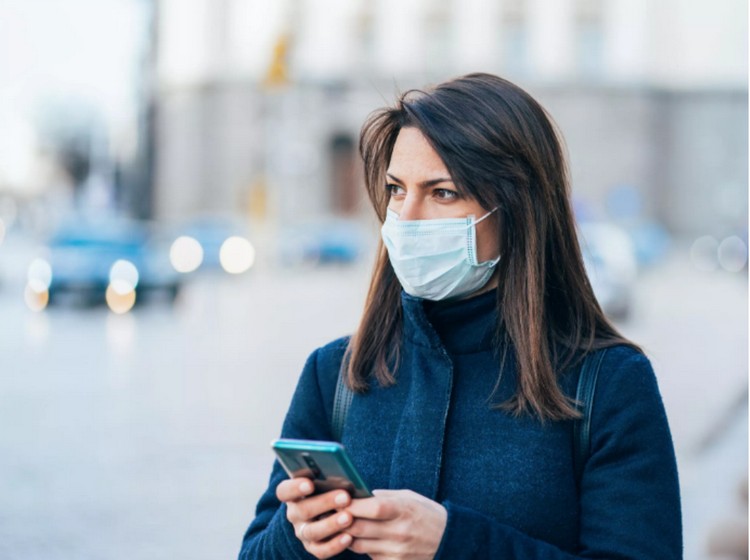
Important measures to protect against coronavirus are all that are recommended by the official authorities. You can best estimate when to do what. Unless the authorities prescribe otherwise, similar regulations apply as for the flu: hand washing for at least 20 seconds at least 20 times a day, avoiding crowds, always keeping a distance of at least 2 meters from other people whenever possible. If you are sick, you should wear a face mask. If you feel sick, follow the instructions of the authority or call your doctor.
How do we protect ourselves against coronavirus infection? strengthen your immune system
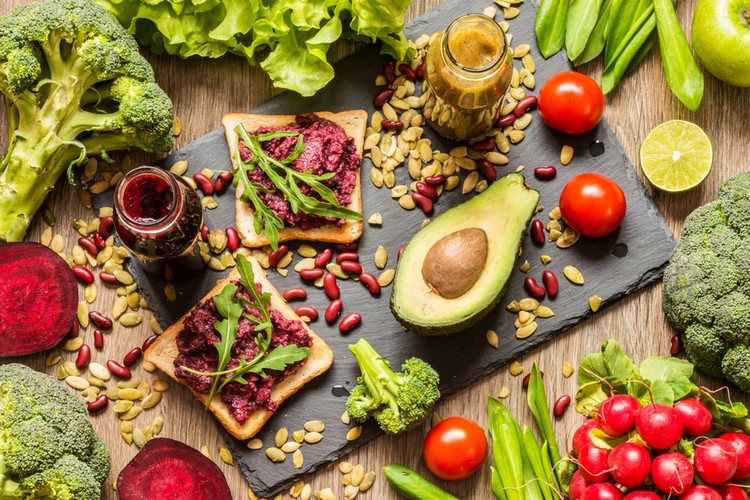
If there is no vaccination and the medication only helps to a limited extent, then we rely on our immune system. Fortunately, modern humans have access to many healthy foods that can strengthen the immune system. Unfortunately, only a few really eat healthy. The fast food mentality doesn't just lead to obesity. Hamburgers, pizza and the like cannot provide our body with the vitamins and minerals that are so necessary. The more we lack vitamins and minerals, the more susceptible we are to viruses and bacteria.
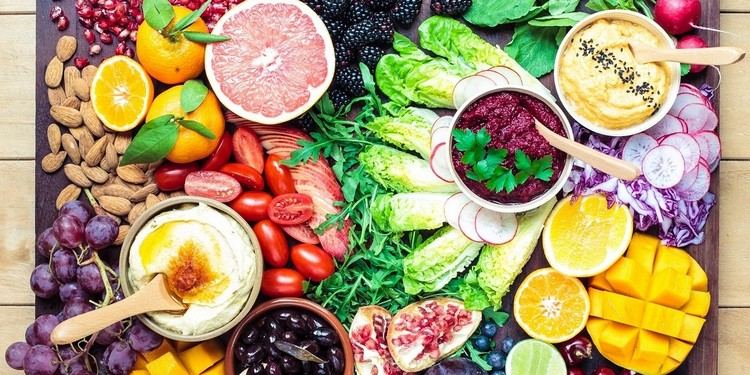
On the other hand, those who mainly eat seasonal fruits and vegetables equip their bodies in the fight against pathogens. A Cambridge University study conducted in 2009 showed that eating fruits and vegetables regularly had a positive effect on the body. As part of the study, the researchers divided the subjects into two groups. The control group fed two servings of fruits and vegetables daily for 16 weeks, the test group – five. After evaluating the results, the researchers found that the test group had a stronger immune system.
For a healthy diet you can include the following fruits and vegetables in your diet:
- Citrus fruits such as kiwi, grapefruit, oranges provide the body with vitamin C.
- Vegetables like arugula, spinach, broccoli, parsley are iron suppliers
- Rice, kinoa, whole grain bread
- Beans, lentils, chickpeas contain vegetable proteins and B vitamins
- Avocado, olives, nuts contain many healthy fats
The optimal ratio between carbohydrates, healthy fats and proteins is 70%: 15 – 20%: 10 – 20%.
How we can protect ourselves against coronavirus infection: Tips for healthy intestinal flora

Thousands of different bacteria live in our colon, most of them – very useful. Because exactly these microorganisms form the healthy intestinal flora. And it fulfills a very important function, namely preventing dangerous pathogens from spreading in the intestine and promoting the immune system. Stress, antibiotics or certain diseases can disturb the balance of the intestinal flora. It is all the more important that we supply our body with important fibers, polyphenols, and phytochemicals that stimulate our digestion and ensure healthy intestinal flora.
Healthy arteries and blood vessels
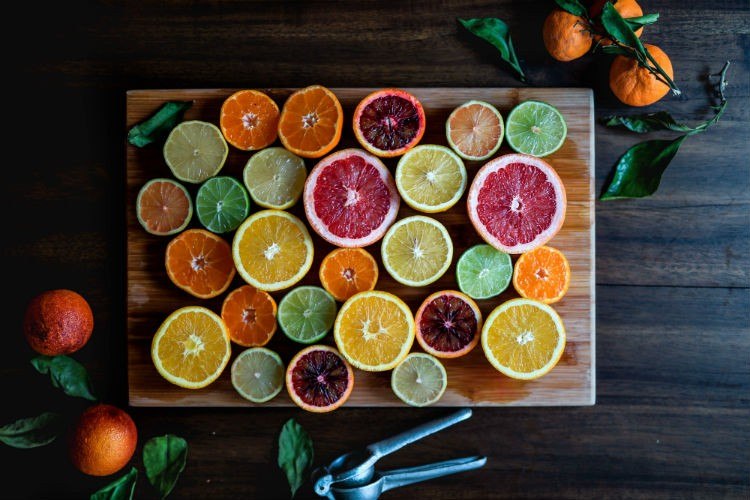
According to a study by the American Heart Foundation, a healthy diet with more plant foods can significantly reduce the risk of heart disease. A healthy heart is an important prerequisite for successfully combating viruses and bacteria. So eat beetroot, fish and leafy greens.
Strengthen the immune system with vitamins and minerals
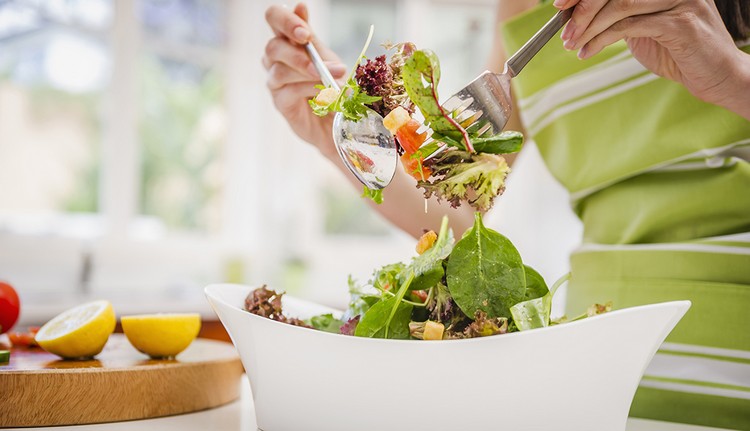
The following vitamins and minerals play a major role in our immune system. We should feed ourselves in such a way that we supply our body with it every day. Unfortunately, this is not always possible. Certain deficits are often identified during a visit to the doctor and dietary supplements are prescribed. Regardless of whether you need to take vitamins in tablet form after consultation with your family doctor or cover your daily needs with food. Here is the list of the most important vitamins that strengthen our immune system:
- Vitamin B12 supports blood formation and cell division and the function of our nervous system. Most people, with the exception of vegans, don't need any supplements. Since vitamin deficiency can only be covered with foods of animal origin, vegans and vegetarians suffer from it more often. Therefore, you should usually take supplements.
- Vitamin D3, medically known as cholecalciferol, is a fat-soluble vitamin that plays an important role in building bones. It is made by the body or ingested through food. In order for the body to produce the vitamin, we should sit under the sun for at least 15 minutes a day.

- Vitamin C regulates the oxygen supply to the cells and stimulates the synthesis of other important substances. The body needs the valuable vitamin to produce collagen. But it is also very important for our immune system because it promotes the production of antibodies. These antibodies can localize and successfully combat harmful pathogens.
- Magnesium participates in over 300 chemical reactions in our body. It supports muscle building (especially the heart), the normal functioning of the nervous system and strengthens the immune system. Leafy greens, whole grains, beans and nuts are important magnesium suppliers.
- The trace element zinc is a very important mineral. It stimulates the metabolism, supports the function of the immune system and regulates insulin storage and protein synthesis.
- Selenium fulfills an important function as a natural antioxidant, promotes various important cell building processes and supports the supply of cells with oxygen. The Brazilian nuts are considered to be important suppliers of selenium.
Improve the intestinal flora with herbs with an antibacterial effect
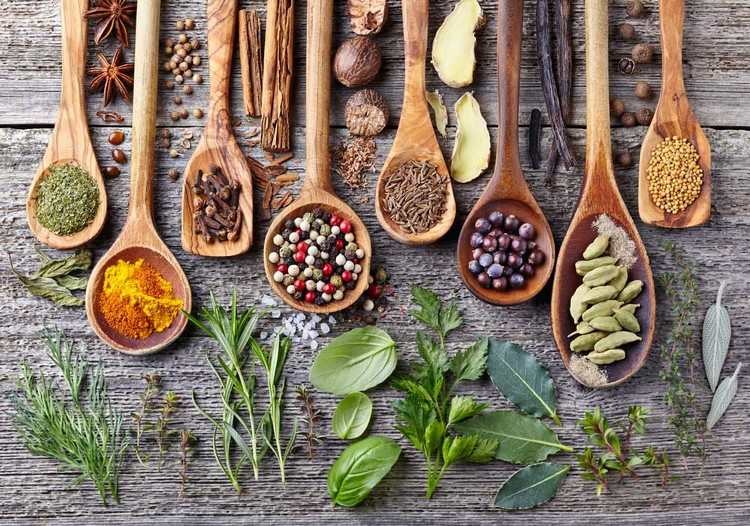
Although these herbs cannot help directly against the corona virus, they can build up the intestinal flora and have a positive effect on the digestive system. Since the intestinal flora is known to be very important for the immune system, you can strengthen your immune system. Recommended as a prophylaxis is the ten-day intake of turmeric, haritaki, clove, mugwort, elderberry syrup or ground ginger. You can of course also buy a spice mix or season the dishes with some of these herbs every day.
Avoid coronavirus infection, strengthen the immune system: fasting with water and smoothies
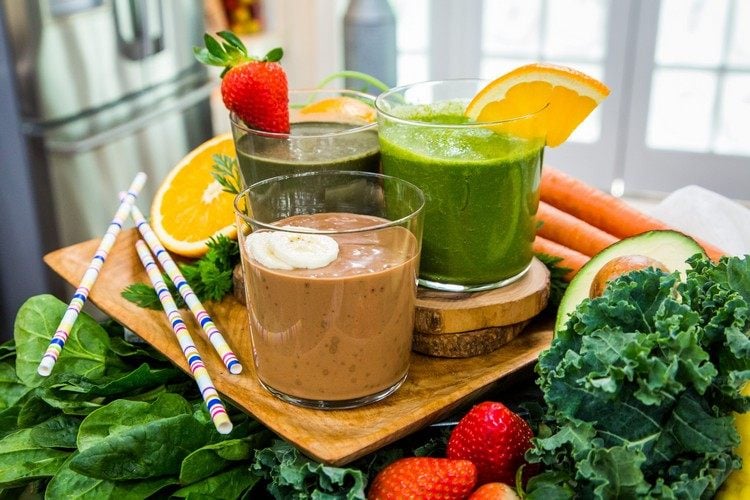
Now is Lent anyway, but even after Easter you can fast one day a week. On this day you can only drink water and smoothies with vegetables and fruits. So you can relieve your digestive system.
It is also super important that you drink enough water daily, whether you are fasting or not. You should drink between 1.5 and 2 liters of water a day to keep your body fit. In this way you can also excrete toxic substances more quickly.
Clean the air in the house with plants

Right now, when the risk of coronavirus infection is so high, we are at home. It is all the more important to have good air quality in your own four walls. Here are some plants that help keep the air clean. Examples are the leaf flag, the birch fig, the dragon tree and the chrisantheme. The green lilies can also significantly improve the air quality. Of course, we cannot just rely on the plants. Regular ventilation is also important. Another variant is to invest in an air purification device. Buying an air purifier is not only worthwhile for allergy sufferers, but also for people who live in densely populated areas.
Strengthen the immune system: more movement and breathing exercises
Do exercises daily! They keep joints, muscles and digestion fit. It is worth starting the day with breathing exercises in the morning. They supply the body with oxygen.
Adequate sleep, positive thinking and meditation
The human body regenerates best when we sleep. If you don't sleep well, you get sick quickly – and not necessarily from coronavirus. That is why it is recommended to sleep at least eight hours. On the other hand, refrain from taking an afternoon nap because it can lead to sleep disorders. It is much better to do meditation in the afternoon. Try to reduce stress and think positive.
Don't fall into corona stress. Panic didn't help anyone. All the more, we often make wrong decisions when we panic. Take a deep breath and exhale and look for help.
The corona virus is undoubtedly the greatest challenge that our health system and we as modern humans have to overcome. It is therefore all the more important that we remain calm, abide by the rules of the authorities and strengthen our immune system. Right now we should eat healthy. Dietary supplements are only suitable for the few, and only after consulting your doctor.
Based on info from Vita Rama
The post coronavirus infection: How to strengthen your immune system appeared first on Deavita.com | Living ideas, design, hairstyles, make-up, lifestyle, health and beauty tips.






















